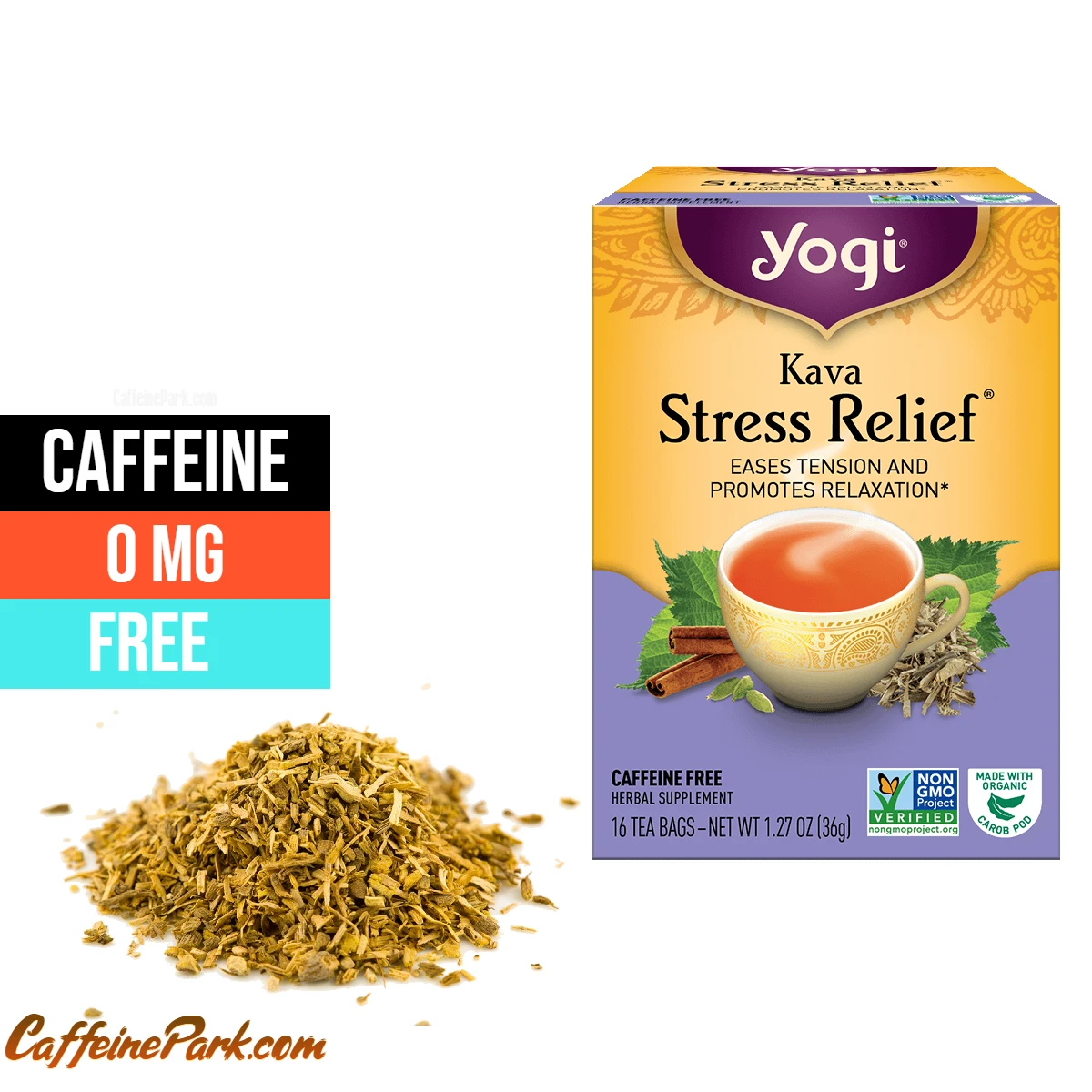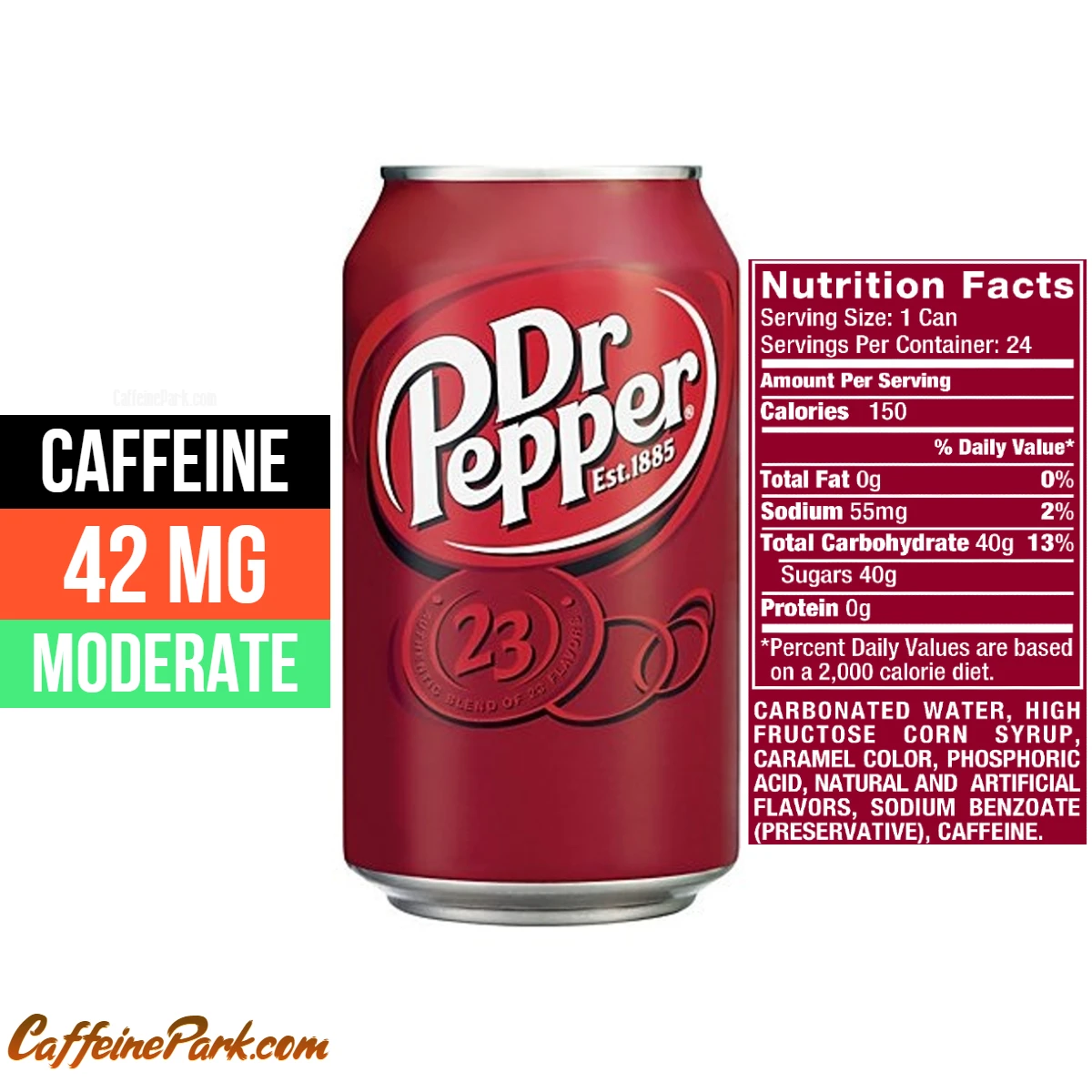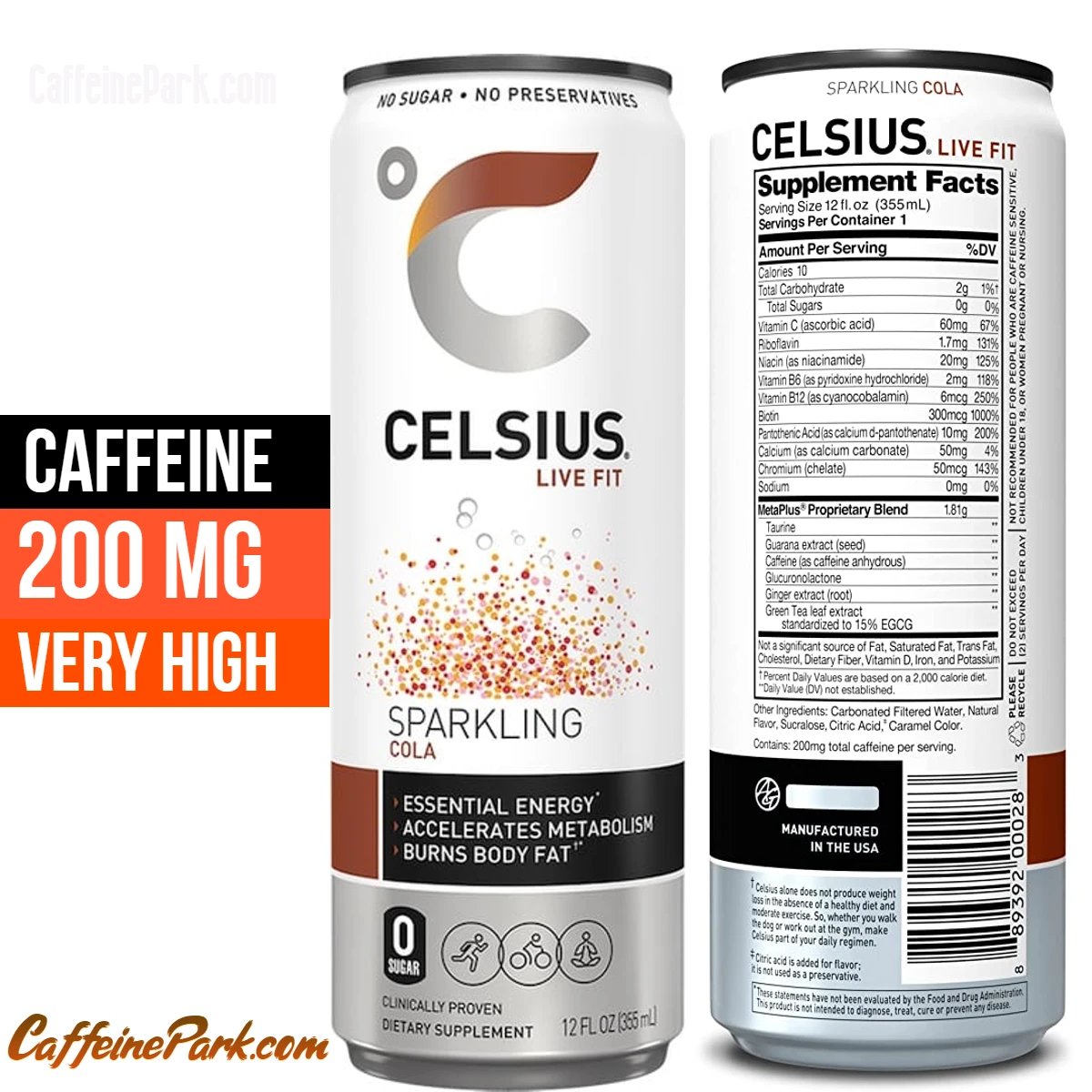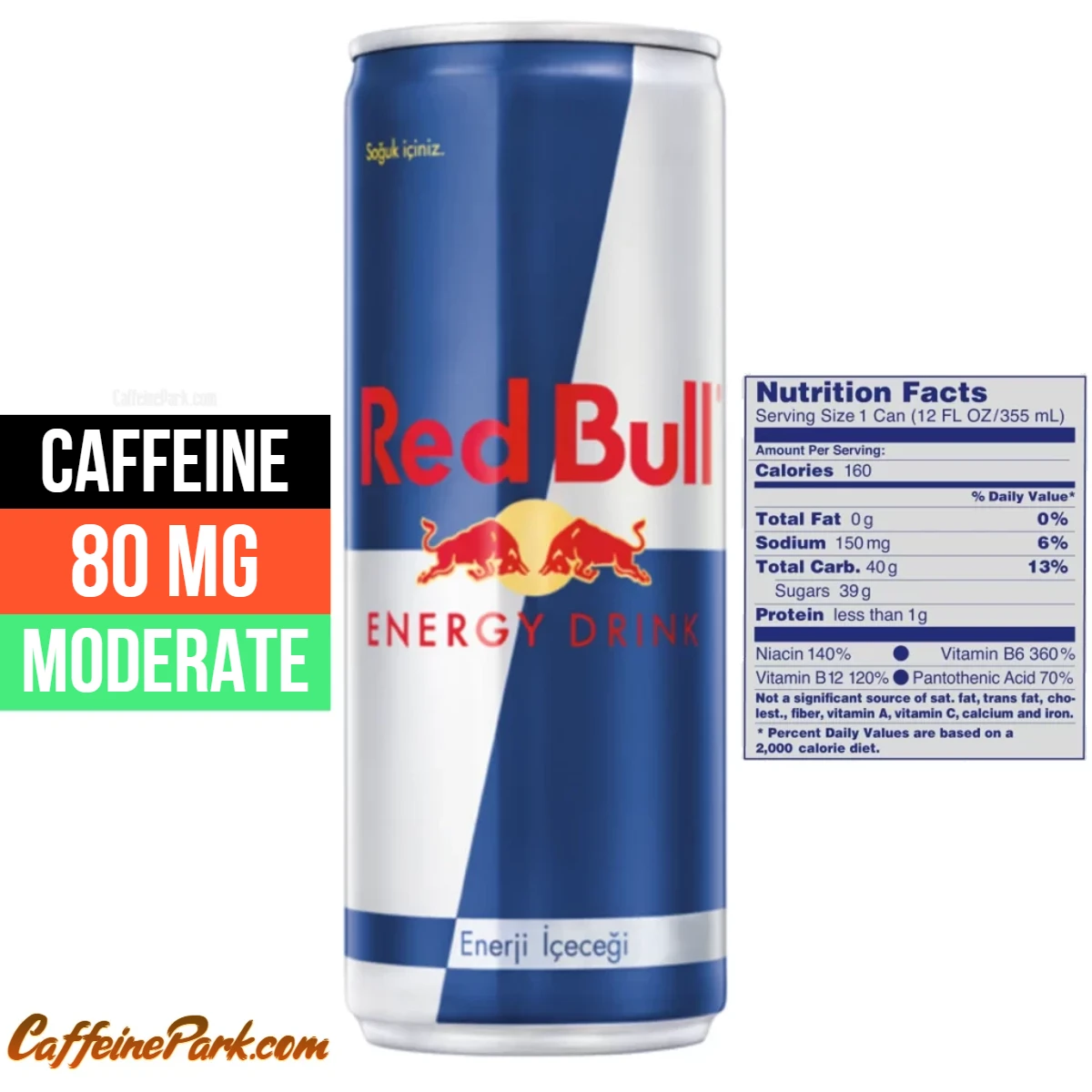Kava tea Caffeine Content

Kava tea is a popular drink among those seeking relaxation and stress relief. It’s a traditional drink that has been used for centuries in the South Pacific region. Kava tea is made by grinding the roots of the kava plant and then mixing them with water. It has a unique taste and aroma that is both earthy and bitter.
One of the questions that often come up is about the caffeine content in kava tea. Many people are looking for an alternative to coffee and other caffeinated beverages, and kava tea seems like a good option. So, how much caffeine is in kava tea? Let’s find out.
What is Kava Tea?
Before we dive into the caffeine content of kava tea, let’s first take a closer look at what kava tea actually is. Kava tea is made from the root of the kava plant, which is native to the South Pacific islands. The root is traditionally ground into a powder and then steeped in water to make tea. Kava tea is known for its relaxing properties and is often consumed in social settings, much like alcohol is in Western cultures.
Kava tea has been used for centuries in traditional medicine for its calming effects, and recent research has supported its potential benefits. Studies have shown that kava may be effective in reducing anxiety, promoting sleep, and improving mood. It’s also been used to treat conditions like epilepsy and migraines, although more research is needed in these areas.
Caffeine Content in Kava Tea
So, what about the caffeine content in kava tea? The good news is that kava tea is naturally caffeine-free. That means you can enjoy all the relaxing benefits of kava tea without worrying about the jitters or sleeplessness that can come with caffeine consumption.
It’s worth noting, however, that some commercial kava tea products may contain small amounts of caffeine. This is because some manufacturers add caffeine-containing ingredients, like tea or guarana, to their kava tea products to enhance their effects. If you’re sensitive to caffeine or want to avoid it altogether, be sure to read the label carefully and choose a caffeine-free kava tea product.
Compare Kava tea caffeine vs other
Kava tea is a unique beverage that is naturally caffeine-free, making it a popular choice for people looking for a relaxing and calming drink without the stimulating effects of caffeine. In comparison to other types of tea and coffee, the caffeine content in kava tea is significantly lower. Here’s a breakdown of how kava tea compares to other common caffeine-containing drinks:
- Coffee: Coffee is one of the most popular sources of caffeine in the world, with an average of around 95 mg of caffeine per 8-ounce cup. This amount can vary depending on the type of coffee bean, roast, and brewing method. Compared to kava tea, coffee has a much higher caffeine content, making it a better choice for people looking for an energy boost.
- Black Tea: Black tea is another popular source of caffeine, with an average of around 47 mg of caffeine per 8-ounce cup. This amount can vary depending on the type of black tea and how it’s brewed. Compared to kava tea, black tea has a moderate amount of caffeine, making it a good choice for people looking for a moderate energy boost.
- Green Tea: Green tea is a type of tea that is known for its antioxidant properties and moderate caffeine content. An 8-ounce cup of green tea contains an average of around 28 mg of caffeine, making it a lower-caffeine alternative to coffee and black tea. Compared to kava tea, green tea has a similar caffeine content, making it a good choice for people looking for a mild energy boost.
- Herbal Tea: Herbal tea is a category of tea that is made from dried fruits, flowers, or herbs, and is naturally caffeine-free. This makes it a popular choice for people looking for a relaxing and calming drink. Compared to kava tea, herbal tea has no caffeine content, making it the best choice for people who are sensitive to caffeine or want to avoid it altogether.
How Kava Affects Your Body
Now that we know kava tea is caffeine-free, let’s explore how it affects your body. Kava contains compounds called kavalactones, which are believed to be responsible for its calming effects. Kavalactones interact with the brain’s GABA receptors, which are involved in regulating anxiety and promoting relaxation.
When you consume kava tea, the kavalactones bind to the GABA receptors in your brain, causing a sense of calm and relaxation. Some people describe the effects of kava tea as similar to those of alcohol, but without negative side effects like impaired coordination or hangovers.
It’s worth noting that while kava is generally considered safe when consumed in moderation, it can have some potential side effects. These can include dizziness, nausea, and fatigue, and are more likely to occur with higher doses of kava or long-term use. It’s important to follow the recommended dosage guidelines for kava tea products and to talk to your healthcare provider if you have any concerns about its safety.
Benefits of Drinking Kava Tea
Now that we know that kava tea is caffeine-free let’s talk about some of the benefits of drinking it. Kava tea has several health benefits, including:
Relieves Anxiety and Stress
Kava tea is a natural remedy for anxiety and stress. It contains compounds called kavalactones, which have a calming effect on the body and mind. Drinking kava tea can help reduce anxiety and promote relaxation.
Improves Sleep
Kava tea is also used as a natural sleep aid. It helps relax the body and mind, making it easier to fall asleep and stay asleep. Drinking kava tea before bedtime can help improve the quality of sleep and reduce the risk of insomnia.
Promotes Social Bonding
Kava tea has been traditionally used in social gatherings, where it’s used to promote relaxation and social bonding. Drinking kava tea with friends can help create a sense of community and reduce social anxiety.
Reduces Pain and Inflammation
Kava tea has anti-inflammatory properties that can help reduce pain and inflammation in the body. It’s often used to relieve pain caused by conditions like arthritis and migraines.
Boosts Mood
Drinking kava tea can also help boost your mood. It has been shown to increase levels of dopamine and serotonin, which are neurotransmitters that regulate mood and emotions.
Potential Risks of Drinking Kava Tea
Liver Damage
One of the biggest concerns with kava tea is its potential to cause liver damage. In rare cases, people who consume large amounts of kava tea or use kava supplements for prolonged periods of time may develop liver toxicity. Symptoms of liver toxicity can include jaundice, fatigue, and abdominal pain.
To minimize the risk of liver damage, it’s important to consume kava tea in moderation and only use kava supplements under the guidance of a healthcare professional. It’s also a good idea to avoid kava if you have a history of liver problems.
Interactions with Medications
Kava tea can interact with certain medications, particularly those that affect the central nervous system. If you’re taking any medications, it’s important to talk to your doctor before consuming kava tea to make sure there are no potential interactions.
Some medications that can interact with kava tea include:
- Antidepressants
- Anti-anxiety medications
- Sedatives
- Muscle relaxants
Drowsiness and Impaired Coordination
Kava tea can cause drowsiness and impaired coordination, particularly when consumed in large amounts. This can be dangerous if you’re driving or operating heavy machinery. If you plan on consuming kava tea, it’s important to do so in a safe environment where you can relax and avoid potentially hazardous activities.
Allergic Reactions
Some people may be allergic to kava, which can cause a range of symptoms including hives, itching, and difficulty breathing. If you experience any of these symptoms after consuming kava tea, seek medical attention immediately.
Skin Irritation
Kava tea can cause skin irritation in some people, particularly if it comes into contact with the skin. This can lead to redness, itching, and other symptoms. To minimize the risk of skin irritation, avoid spilling kava tea on your skin and wash your hands thoroughly after handling kava.
Pregnancy and Breastfeeding
If you’re pregnant or breastfeeding, it’s best to avoid kava tea. There is limited research on the safety of kava tea during pregnancy and breastfeeding, and some studies suggest that it may increase the risk of miscarriage or birth defects.
Addiction and Withdrawal
While kava tea is not considered to be addictive, it can cause mild withdrawal symptoms in some people when they stop using it. These symptoms can include anxiety, restlessness, and irritability. If you’re concerned about developing a dependence on kava tea, it’s important to consume it in moderation and only use it as needed.
How to Minimize the Risks of Kava Tea
While there are some potential risks associated with kava tea, there are also steps you can take to minimize these risks. Here are some tips for safely consuming kava tea:
- Use kava tea in moderation: As with any substance, it’s important to use kava tea in moderation. Stick to the recommended dosage and avoid consuming large amounts of kava tea on a regular basis. If you’re unsure about how much kava tea to consume, consult with a healthcare professional.
- Avoid using kava supplements: While kava tea is generally considered safe, kava supplements can be more potent and have a higher risk of causing liver damage. Stick to consuming kava tea in its natural form instead of taking supplements.
- Talk to your doctor: If you’re taking any medications or have a history of liver problems, talk to your doctor before consuming kava tea. They can advise you on potential interactions and whether kava tea is safe for you to use.
- Choose high-quality kava: Look for kava tea made from high-quality kava roots. This can help minimize the risk of liver damage and other adverse effects.
- Consume kava tea in a safe environment: Kava tea can cause drowsiness and impaired coordination, so it’s important to consume it in a safe environment where you can relax and avoid potentially hazardous activities.
- Be aware of the signs of liver damage: If you experience symptoms of liver damage after consuming kava tea, such as abdominal pain or jaundice, stop using it and seek medical attention immediately.
Tips for Enjoying Kava Tea Responsibly
If you’re interested in trying kava tea, there are a few things to keep in mind to ensure you enjoy it safely and responsibly. Here are some tips:
- Choose a reputable source: When purchasing kava tea products, choose a reputable brand that uses high-quality kava root. Look for products that are labeled as “noble kava,” which refers to a specific strain of kava that is considered to be safe for consumption.
- Start with a low dose: If you’re new to kava tea, start with a low dose and gradually increase it over time. This will help you gauge your body’s response and avoid any potential side effects. It’s also a good idea to consult with your healthcare provider before trying kava if you have any underlying health conditions or take any medications.
- Don’t mix with alcohol: While kava is often consumed in social settings like alcohol, it’s important not to mix the two. Combining kava with alcohol can increase the risk of negative side effects like liver damage and impaired coordination.
- Don’t drive or operate heavy machinery: Like alcohol, kava can impair your coordination and reaction time, so it’s important not to drive or operate heavy machinery after consuming kava tea.
- Take breaks: It’s recommended to take breaks from consuming kava tea to avoid any potential side effects from long-term use. Some experts recommend taking a break every few weeks or so.
In Conclusion
Kava tea is a caffeine-free drink that is known for its calming and relaxing effects. While it’s generally considered safe when consumed in moderation, it’s important to choose a reputable source, start with a low dose, avoid mixing with alcohol, and take breaks from consumption. If you’re sensitive to caffeine or looking for a natural way to de-stress, kava tea may be worth exploring.
Alternative to Kava tea
If you are looking for an alternative to kava tea, there are several options available. Some alternatives to kava tea include:
- Chamomile Tea: Chamomile tea is a popular herbal tea that is known for its calming properties. It can help with anxiety, stress, and sleep problems.
- Valerian Root Tea: Valerian root tea is another herbal tea that can help with anxiety and sleep problems. It is often used as a natural remedy for insomnia.
- Passionflower Tea: Passionflower tea is another herbal tea that is known for its calming properties. It can help with anxiety, stress, and sleep problems.
- Lemon Balm Tea: Lemon balm tea is an herbal tea that is often used to help with anxiety and stress. It is also believed to have a calming effect on the nervous system.
- Ashwagandha Tea: Ashwagandha tea is an herbal tea that is believed to help with stress and anxiety. It is also known for its adaptogenic properties, which means it can help the body adapt to stress.
It is important to note that while these teas may have calming and stress-reducing properties, they may not be suitable for everyone. It is always best to consult with a healthcare professional before trying any new herbal remedies.
FAQs
No, kava tea does not contain caffeine. Kava is a non-caffeinated herbal tea that is made from the roots of the kava plant.
While kava tea is not a substitute for coffee or other caffeinated beverages in terms of providing an energy boost, some people use it as an alternative to help them relax and unwind.
Yes, kava tea is safe for people who are sensitive to caffeine since it does not contain caffeine. However, as with any herbal remedy, it is important to consult with a healthcare professional before using kava tea.
Kava tea is often used to promote relaxation and sleep, but it can cause sleep disturbances in some people. It is important to use kava tea as directed and to consult with a healthcare professional if you experience any adverse effects.
While kava tea is often used to promote relaxation and sleep, it is possible that it could interfere with sleep in some people. It is best to consume kava tea in the evening at least a few hours before bedtime to allow time for the effects to wear off.
Read More:





